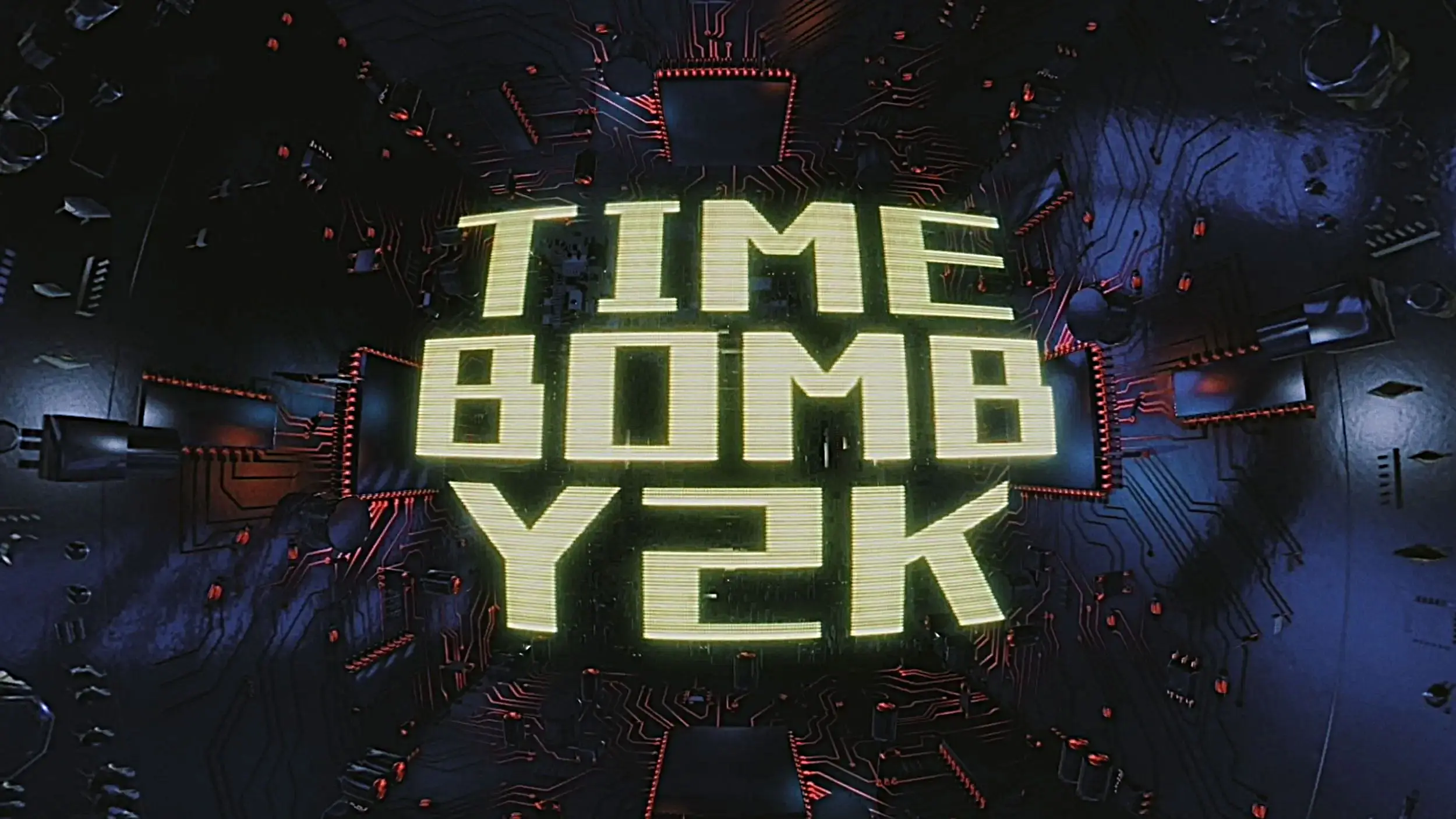“Time Bomb Y2K,” a captivating 80-minute documentary recently released on Max, takes us on a nostalgic journey back to the mid-1990s and explores the Y2K hysteria that gripped the world as the year 2000 approached. The film, devoid of contemporary interviews, intricately weaves together archival footage, painting a vivid picture of the global fear that life as we knew it was on the brink of collapse.
Understanding Y2K
In the documentary, the Y2K phenomenon is brought to the forefront. The technological fear that computers would reset to the year 1900 instead of transitioning to 2000 haunted people worldwide. This wasn’t limited to personal computers; it encompassed any CPU vital for maintaining the fabric of daily life, including ATMs, stock markets, government systems, and national security.
Preventing the Apocalypse
While the film lacks a central character, it highlights figures like Peter de Jager, a dedicated computer engineer at the forefront of averting the impending Y2K crisis. The documentary sheds light on the tireless efforts of the IT industry and programmers who worked relentlessly for years to rectify potential issues, ensuring that computers across various domains wouldn’t plunge the world into chaos.
Impact on Pop Culture
As the 1990s drew to a close, Y2K became more than a global problem; it seeped into pop culture. Movies like “The Matrix” and “End of Days” explored apocalyptic themes, offering diverse perspectives on the potential end times. Simultaneously, musicians reflected on the new millennium’s societal impact, and religious communities, particularly evangelicals, had their own interpretations and reactions.
The Anticlimactic New Year’s Eve
As the clock struck midnight and New Year’s Eve unfolded, the anxieties surrounding Y2K began to dissipate. Observing the effects in time zones ahead of America reassured people that perhaps the feared catastrophe was averted. However, the documentary subtly reminds viewers that the stability is always subject to change.
Decoding the Message
In the documentary’s final moments, a powerful message emerges. An educational video featuring children from the early 2000s encourages positive actions in the new millennium. The film concludes with a poignant plea: “Fix the world; don’t screw it up again.” This leaves viewers with a reflective pause, urging them to consider the societal trajectory over the past two decades and ponder if humanity has indeed learned from its past mistakes.
Conclusion
“Time Bomb Y2K” not only serves as a nostalgic trip down memory lane but also as a thought-provoking reflection on a critical moment in history. As we navigate our present and future, the documentary encourages us to learn from the past, ensuring that we don’t repeat the mistakes that could jeopardize the world we live in.

